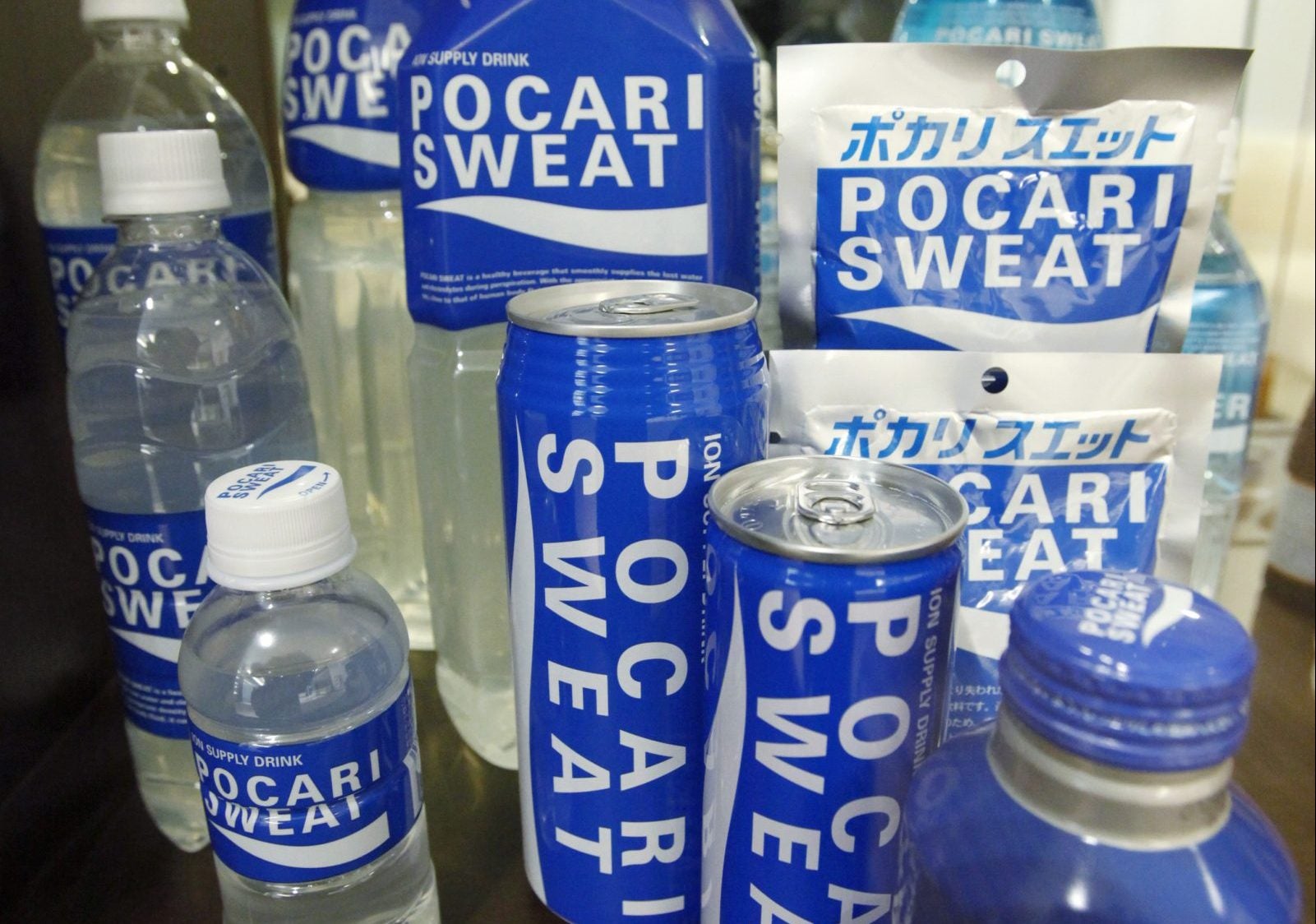A sports drink called Pocari Sweat is caught in the middle of a Hong Kong-China spat
Yet another company has angered China by taking the “wrong” side in a political fight. This time, it’s a popular sports drink that has run afoul of China’s nationalistic sentiments.


Yet another company has angered China by taking the “wrong” side in a political fight. This time, it’s a popular sports drink that has run afoul of China’s nationalistic sentiments.
Hong Kong’s protesters, who for weeks have been taking to the streets to express their opposition to a hated extradition bill, swept bottles of Pocari Sweat, a Japanese-owned sports drink, off shelves in recent days. Their actions came after a Facebook private message widely shared online (link in Chinese) revealed that the Hong Kong branch of the company had pulled advertising from the city’s largest television station “in light of the current situation” and had urged the broadcaster to “respond to public concern,” without elaborating in the message.
Pocari Sweat’s decision was welcomed by the protesters because of long-running accusations against the broadcaster, TVB, of creeping pro-China bias in recent years—so much so that many Hongkongers have taken to sarcastically calling the broadcaster CCTVB, a mocking reference to China’s state television channel, CCTV. The station, which began operations soon after deadly riots rocked Hong Kong in 1967, became a cultural powerhouse and a trusted authoritative voice. But people have begun questioning its objectivity in recent years, for example when it appeared to self-censor and play down a documented instance of police brutality during the 2014 Umbrella Movement protests.
Pocari Sweat did not respond to requests for comment from Quartz. However, in a statement yesterday (July 10), its Japanese parent company Otsuka Pharmaceutical did not dispute the veracity of the Facebook message that had been circulating, and apologized “that our reply dated July 9 have [sic] led to inconvenience.”
Meanwhile, Hong Kong’s protesters have rallied behind the electrolyte-replenishing drink. Some refashioned Pocari Sweat’s Chinese name (寶礦力) with a homonym, rebranding it as a drink of the resistance (寶抗力), for example.
The reaction from China was swift, and predictable. As with other brands deemed to have hurt China’s national pride, there were strongly worded condemnations and widespread calls for a boycott—Nike, Dolce & Gabbana, Mercedes Benz, and Samsung are just a handful of examples of foreign companies that have also been pilloried for not toeing China’s ideological line. And given China’s lucrative market, brands almost always back down with a contrite apology.
In a Facebook post, Hong Kong’s former chief executive Leung Chun-ying condemned Pocari Sweat (link in Chinese) for “not knowing black from white” and called for a nationwide boycott of the drink. Some Chinese internet users were enraged, too, with one person on social network Weibo decrying Pocari Sweat as “pro-Hong Kong independence trash” (link in Chinese) and urging a boycott. A Chinese female idol group, GNZ48, announced on its Weibo account (link in Chinese) that it was “very regretful” of Pocari Sweat’s decision and that it would immediately cease any partnerships with the company. Meanwhile, the Global Times, China’s nationalistic state tabloid, published an article with the headline, “Pocari Sweat urged not to take wrong stance on Hong Kong.”
TVB released a statement yesterday (link in Chinese) clarifying that a statement attributed to it and circulating online, in which it is quoted as slamming Pocari Sweat for “bowing to violence,” was a hoax. TVB did not immediately respond to a request for comment from Quartz.
Other Hong Kong companies have also announced their decisions to pull advertisements from TVB, according to the South China Morning Post, including a local condom manufacturer and the local branch of a US insurance company.